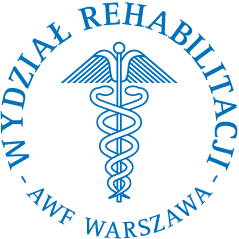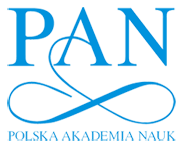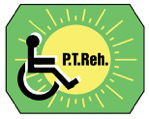


|
Current issue
Archive
Manuscripts accepted
About the journal
Editorial board
Reviewers
Abstracting and indexing
Contact
Instructions for authors
Publication charge
Ethical standards and procedures
Editorial System
Submit your Manuscript
|
3/2025
vol. 39 abstract:
Original paper
The impact of a sports initiation program on quality of life, satisfaction, and self-efficacy in activities of daily living in individuals with spinal cord injury
Adv Rehab. 2025; 39(3): 53-66.
Online publish date: 2025/08/08
View
full text
Get citation
ENW EndNote
BIB JabRef, Mendeley
RIS Papers, Reference Manager, RefWorks, Zotero
AMA
APA
Chicago
Harvard
MLA
Vancouver
Introduction
The aim of the study was to assess the impact of a structured sports initiation program for individuals with Spinal Cord Injury (SCI) on quality of life, satisfaction, and self-efficacy in activities of daily living, based on a quasi-experimental pre-post test format. Material and methods The program was developed in collaboration with a multidisciplinary team. The participants were allowed to try six different Paralympic sports (Para archery, Para athletics, Boccia, wheelchair tennis, Para swimming, and wheelchair fencing) over a 14-week period. The following outcome measures were tested at T0 (baseline) and T1 (14 weeks after): the Trunk Control Test (TCT), Spinal Cord Independence Measure III Self Report (SCIM), Short Form Health Survey 36 (SF-36), Moorong Self Efficacy Scale and the Wheelchair Use Confidence Scale for Manual users (WheelCon-M). The data was analysed using Wilcoxon’s rank test. Results Of the included participants, 66.8% demonstrated lesion D3 and D9, while 46.7% had complete SCI. Significant improvements were observed for measures of functional independence, quality of life, self-efficacy and wheelchair use confidence, but not trunk control. Conclusions The functional sports initiation program achieved encouraging results for people with SCI; it promoted not only functional improvements, particularly in the management of assistive devices, but also improvements in perceived independence, health-related quality of life, self-efficacy in daily activities, and wheelchair use confidence. The program enables participants to engage in challenging and motivating activities that simultaneously foster participation, social integration, well-being and enjoyment. keywords:
Boccia, para archery, para swimming, wheelchair fencing, wheelchair tennis |
    |